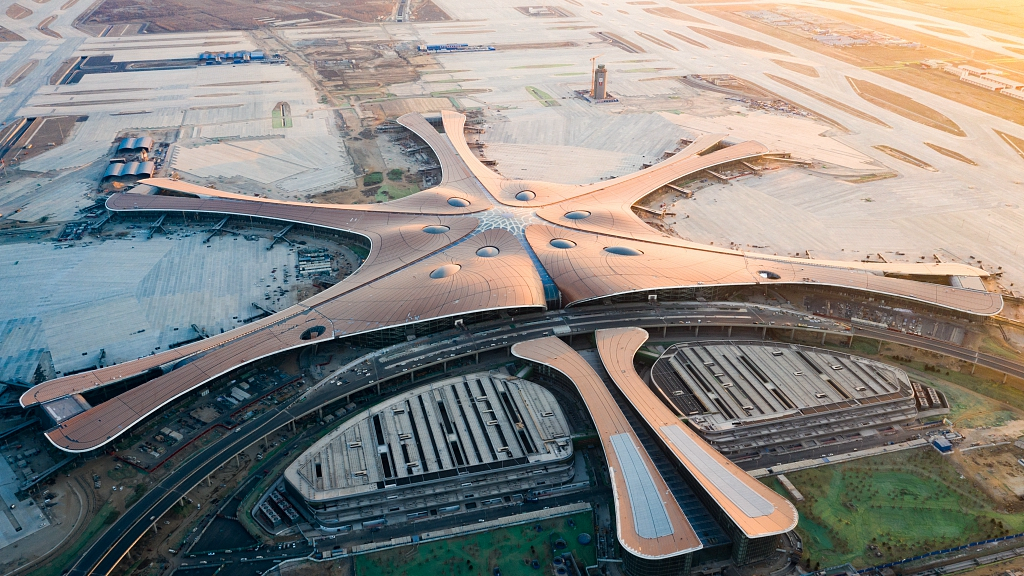00:50

When the Chinese Communist Party (CPC) established the People's Republic of China in 1949, the country was recovering from wars and its people were stuck in poverty.
The CPC leadership had many tasks to attend to: reform agriculture to enable food self-sufficiency; provide jobs for vast populations displaced by wars; and upgrade the country from backwardness to industrialization.
Seventy years on, under the leadership of the CPC and with the dedication of the Chinese people, China has become the world's second largest economy. It is on the threshold of eliminating all absolute poverty, a remarkable achievement.

The exterior of newly-built Beijing Daxing International Airport
The exterior of newly-built Beijing Daxing International Airport
How has China transformed itself from a largely poor, agrarian society into an economic superpower?
How has the country evolved from a closed, insular society into a champion of globalization, engaging actively with almost every country on earth?
What westerners often ignore is China's statement that the country's success relates directly to the country's chosen path, which it defines as "socialism with Chinese characteristics". What does this term actually mean? How does China's path relate to Chinese civilization?
This week, Closer to China presents in-depth interviews exploring Chinese civilization and China's path, an alternative way of finding success.